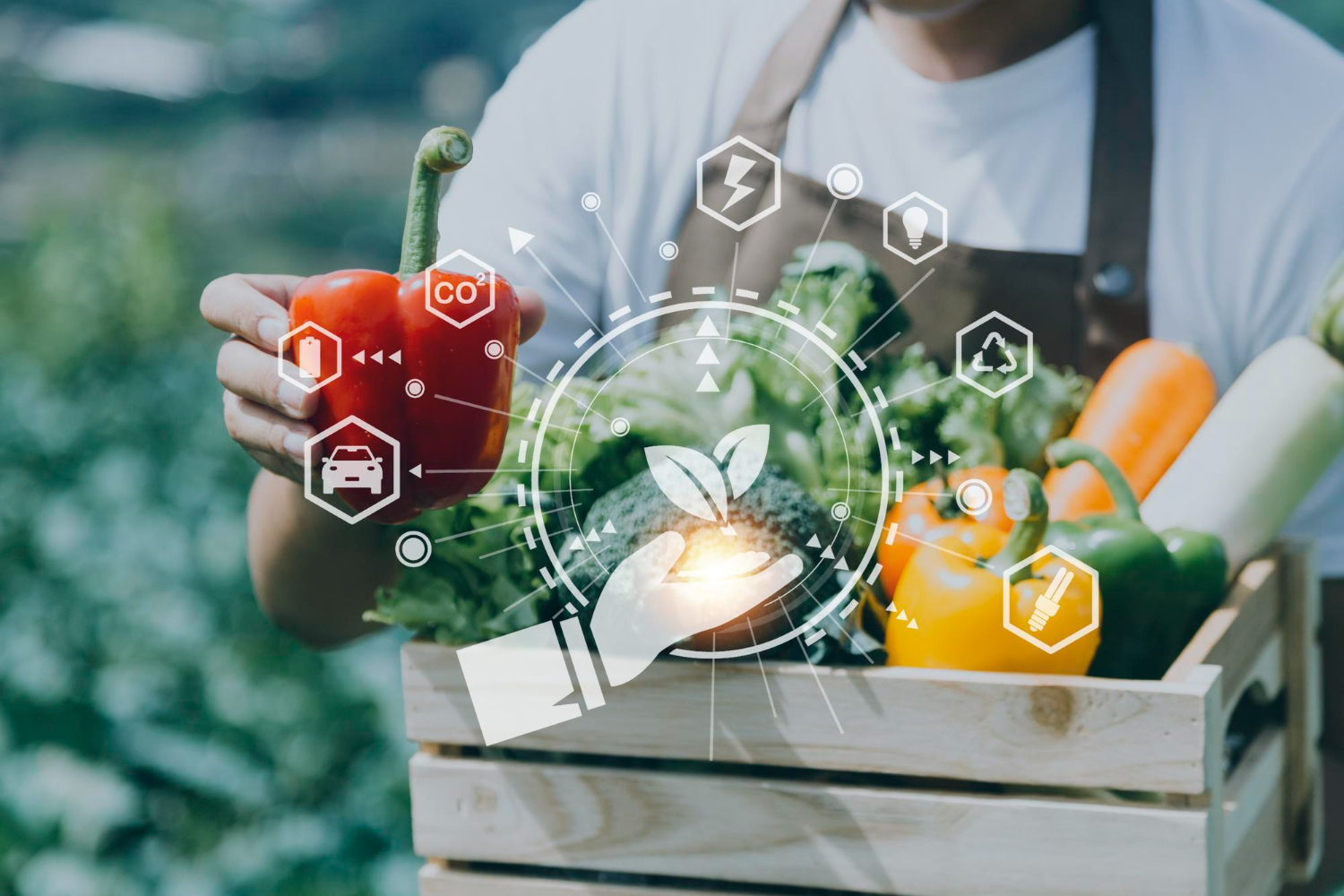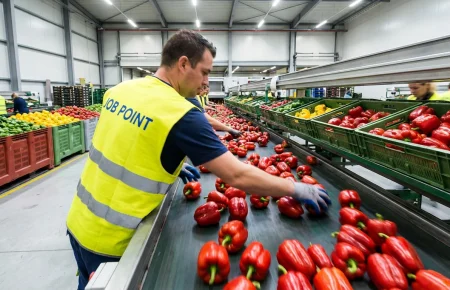Climate change has a significant impact on food production and presents a challenge for companies in the food sector. In this blog post, we explore the impacts of climate change and how companies can deal with these changes in food production.
The Impact of Climate Change on Food Production.
Climate change has several effects on food production, including changes in precipitation patterns, extreme weather events and increasing temperatures. These changes can lead to reduced yields, crop damage and changes in farmland availability. It is essential for businesses to be aware of these impacts and anticipate the challenges it poses.
Adaptation Strategies in Food Production
To cope with climate change, food production companies must implement adaptation strategies. This includes the use of climate-resilient crops, advanced irrigation techniques and sustainable agricultural practices. In addition, promoting biodiversity and reducing the carbon footprint of food production is essential.
The Role of Technology in Climate Adaptation.
Technology plays a crucial role in dealing with climate change in food production. Advanced technologies such as precision agriculture, drones and sensor technology can help monitor crops, optimize water use and predict climate-related risks. By embracing technological innovations, businesses can become more resilient and responsive to the challenges of climate change.
Read more about the impact of climate change on food production at RIVM. Also check out our food industry job page For current job openings and visit our information page for entrepreneurs in the food sector for support and advice.
If your company needs help dealing with climate change in food production, we at JobPoint are ready to support you. Contact us today and find out how we can help you find innovative solutions and qualified staff.




